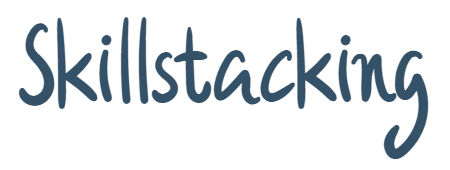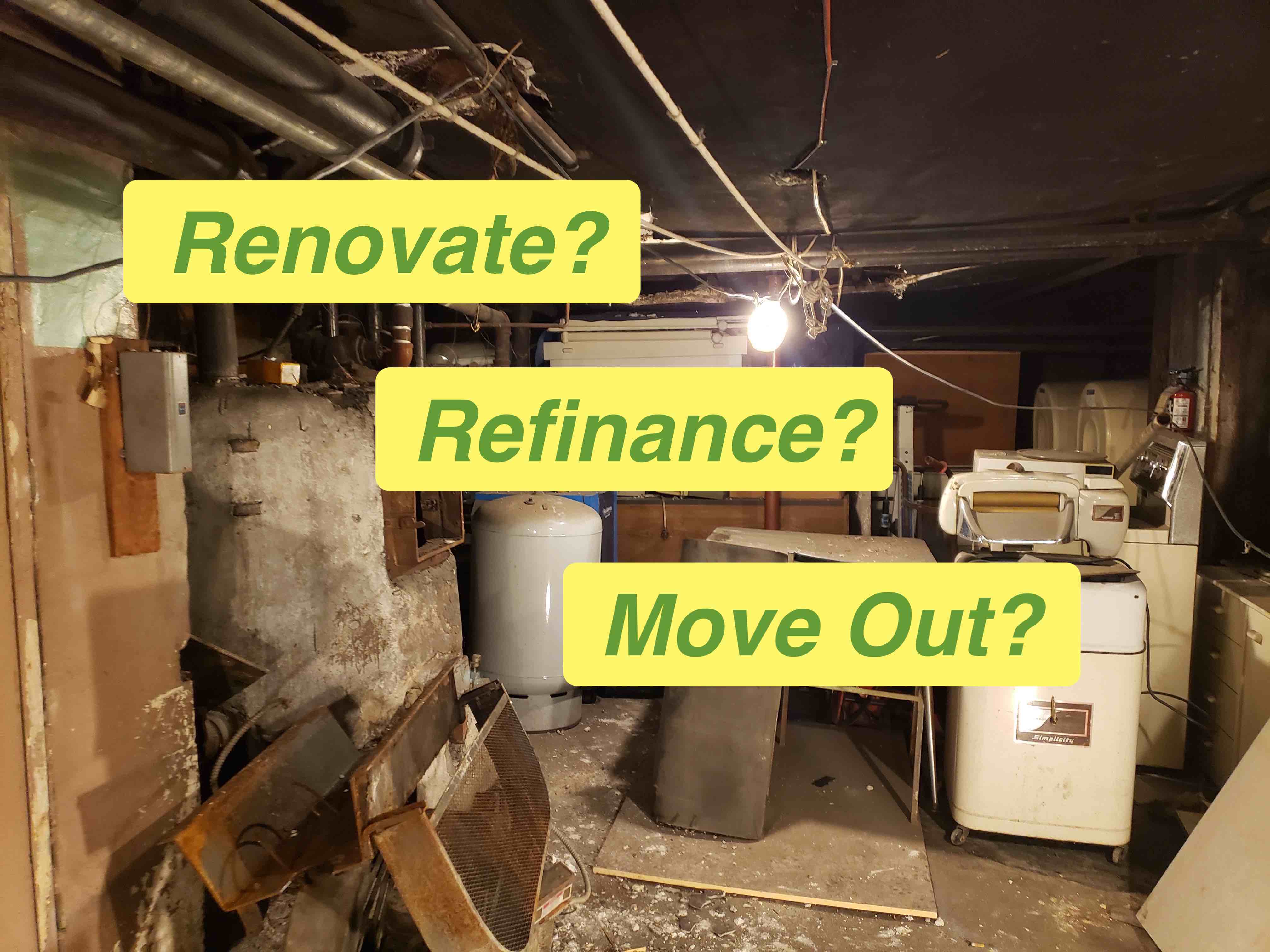Once you discover how to pay what you want to pay, your life costs less. This brings more money, brings more time, earning you the best chance at happiness.
When you want to buy something, it typically has an asking price. A car may be listed for $50,000, a house may be listed at $500,000, and a multifamily at $5,000,000. The listing price is just what the seller is wishing for, and much of it is just an imaginary figure. Read on to discover some strategies to achieve the price you are willing to pay.
The Asking Price is a Wishing Price
Change your mindset and see the asking price is just an opening bid. The seller has already revealed this information.
Understand Comparables
Some markets let you see the sale price on comparable items. If the seller is asking a similar price, it still does not mean it is a good price. For example, a hot real estate market on the way up may go past the economic fundamentals for investment, so waiting can be key.
Determine How Long it has Been for Sale
The Seller’s Price is typically weakened by time on the market. Some stubborn sellers who ignore offer after offer end up on the market for a long time and this is evidence that they have priced too high. You can always come in with your offer at just the right time when the seller is exhausted, or you can just tell them to call you when they are ready to sell.
Try not to Get Emotional
Easier said than done. If you can detach yourself emotionally from the outcome of the offer, you are much more likely to get your asking price. This is especially difficult when buying your first home, when you have already pictured yourself living there! This comes with practice; get used to “losing offers” by making lots of them at your own price.
Offer Non-Financial Incentives
Sellers are not just motivated by price. They may care about who is buying, how quickly they can get their cash, or even how close they are to the end of a fiscal period. Sales Agents worry about their quarter-end, sellers care about income tax time.
When buying real estate, an offer has many variables that are not just about the asking price. The conditions you put on the sale, including inspection, timeline, an all cash offer, or even a description of what you plan to do with the property can all be incentives for a seller.
For example, if you send a picture of your family to a seller and describe how you plan to use the house you are buying, that seller may pick you in a multiple-bid offering.
Ignore Fancy Marketing
A listing for any product may come on very fancy glossy brochure. This can distract from the true value of the property. It is known that a well-staged property will also command higher prices. You can ask yourself if the value of a property increases just because it was well-staged?
Involve the Sales Agent
When there is one or more sales agents brokering a sale, they typically get remunerated on commission. There are times when the agent may wish to give up some of the commission to make sale happen. Typically, an agent who represents both seller and buyer (not a great idea), would be happy to reduce commission rather than introduce another agent.
Set Your Limit
Once you have done all of your homework by researching the item you want, then it is all about making an offer and staying at or below your limit. It is easier to make the decision ahead of time, and the choice is basically in the seller’s hands.
“Is that the Best You Can Do”?
At the moment of purchase, when you rent a car, apply for a mortgage, buy clothing at a store, etc, ask a simple question: Is that the best you can do? And then go quiet. Say nothing more. You will be amazed at what they offer you for that one simple question.
Conclusion
Once you discover how to pay what you want to pay, your life costs less. This brings more money, brings more time, earning you the best chance at happiness.
Happy Hunting!








I used to hate the idea of saying “Is that your best price?” or “Can you do any better?” but I think my parents made me get used to it and after I bought my first house I felt more like I really should do that. I think now I am not ashamed at all to say those words in the appropriate circumstances. It is also a way to get first dibs on items at regular price at “sale” price (when pickings are more slim.
Yes, it was hard for me to get over asking for a better price. I have found that at hotel check ins, car rental companies this is really effective; anywhere in the service industry. It is also very important in banking; people forget that these are retail institutions where the competition is fierce. One of the best places is negotiating terms on mortgages; either get a broker or get quotes at more than one lender and use them against each other. Saving 0.5% over 5 years really adds up.
I also see softer ways of asking questions:
1. Are there any promotions at this time?
2. What is the best deal you can recommend for this service?
3. Are there any optional add-ons? (then you ask for it for free.)